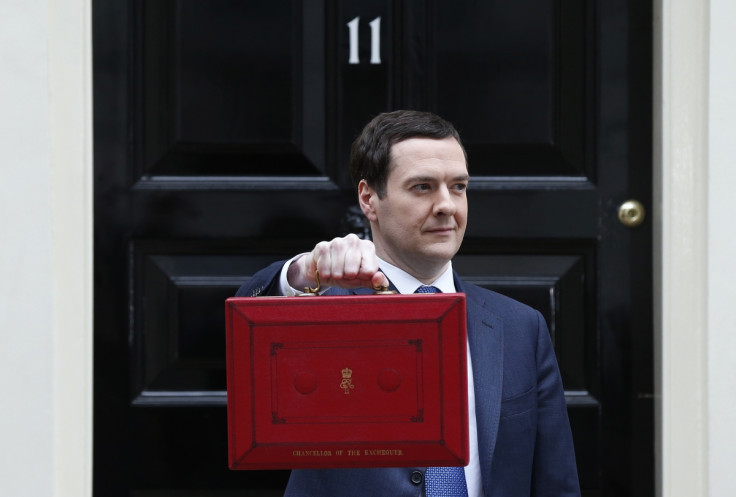Budget 2016: If George Osborne really cares about national debt, tax avoidance must be a priority

Budget week has opened with nervousness in the air. There are doubts about the health of Europe's economy, with fears over a "hard landing" in China testing optimists' beliefs to the limit. The chancellor has promised more spending cuts to try and hit his highly ambitious – to put it generously – fiscal targets.
Will it be an exciting budget? It seems unlikely. The raw politics of the EU referendum put a limit on George Osborne's ambition. It's a shame: business would benefit from some bold moves to spur investment. Instead, last week saw a symbolically important Supreme Court ruling that revealed something depressing about contemporary business attitudes. A true 'budget for business' could shake everybody up.
The genius of capitalism, after all, lies in its creativity; its ability to spot opportunities, gain temporary advantages and beat the competition. Laws are put in place to stop people cheating. But if you can afford clever advisers, who tell you how to use loopholes and win without technically breaking the law, the temptation to follow that advice might be too strong.
Recently, the UK's Supreme Court struck a blow against the sly ingenuity of some very clever people. It ruled that two tax avoidance schemes operated by Deutsche Bank and UBS had no worthwhile commercial purpose, and that payments (in shares) made to their employees should not be exempt from income tax or national insurance. This ruling could cost the banks tens of millions of pounds.
I didn't realise I could still be shocked by this sort of financial jiggery-pokery
The schemes allowed bonuses in the form of shares to be paid into offshore vehicles that would later be wound up, allowing the full value of the shares to be realised by employees without them having to pay tax. Nice work if you can get it. But now, thanks to the Supreme Court, they can't get it. And Her Majesty's Revenue and Customs (HMRC) stands to gain, to the country's benefit.
I didn't realise I could still be surprised by this sort of financial jiggery-pokery. But this latest case has made me think again. In addition to the shock, there was also sadness in the realisation that so much sophistication could be deployed, in effect, to harm the rest of us.
We may not like paying tax. But our income, over a certain level, must and should be taxed. The theatre surrounding Wednesday's Budget speech may be misleading and ritualistic. But it reveals a basic truth. For the state to survive, and for public services to be maintained, taxes have to be collected.
The continuing fiscal problems that face the chancellor have to do with the disappointing tax receipts being generated in our low-wage economy. We cannot afford not to collect tax that is due. If politicians really care about budget deficits and the growing national debt then tax collection must be an absolute priority. The HMRC was right to pursue this case in the highest court in the land, and we should rejoice at its victory.
The theatre surrounding next week's Budget speech may be misleading and ritualistic. But it reveals a basic truth. For the state to survive, and for public services to be maintained, taxes have to be collected.
But, dearie me, how sad to see global businesses and their professional advisers going down the tax avoidance track. Is this what their expensive education and training was for? Is this why they went into business in the first place? Think of all the useful things they could be doing with their undoubted skills – the services they could be providing, the jobs they could be creating, the businesses they could be building. And instead, what? Lobbing shares offshore into virtual companies to deny tax income to the country. Patriotic? Constructive? I think not.
Business should be about serving customers, inventing new products, making people's lives better while generating a profit. That is where ingenuity should be directed. Something has gone wrong when the game is all about dodging and hiding and avoiding paying your dues (even if it is legal).
"In our society, a great deal of intellectual effort is devoted to tax avoidance," the presiding Supreme Court judge Lord Reed observed. Quoting from an earlier judgement on tax avoidance, Lord Reed added they were the "sophisticated attempts of the Houdini taxpayer to escape from the manacles of tax".
Well, things ended badly for Harry Houdini too, I seem to recall. Instead of escapology great businesses should be thinking about the positive contribution they can make to the world. They should win by being better, not by cheating better. And the only advisers worth paying and retaining will be telling them that too.
© Copyright IBTimes 2025. All rights reserved.






















